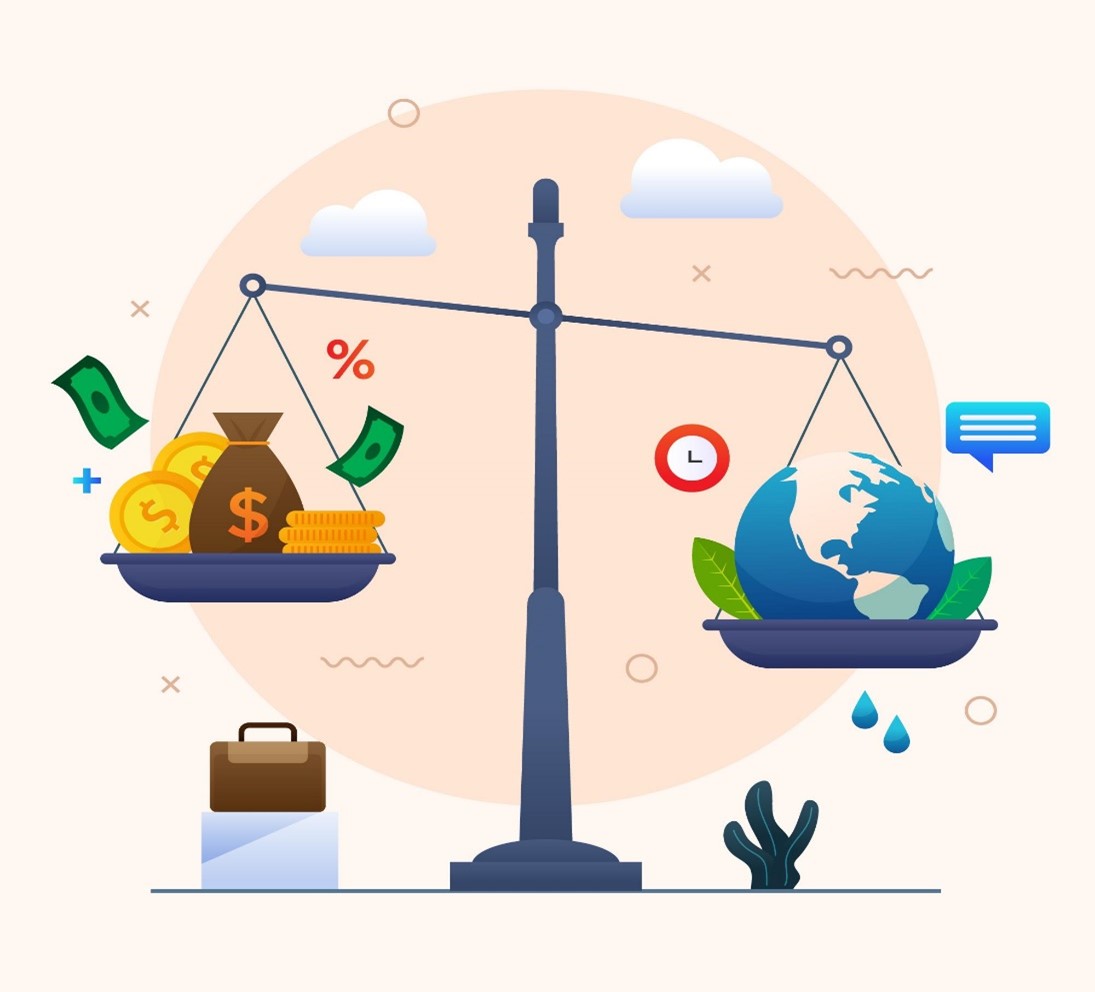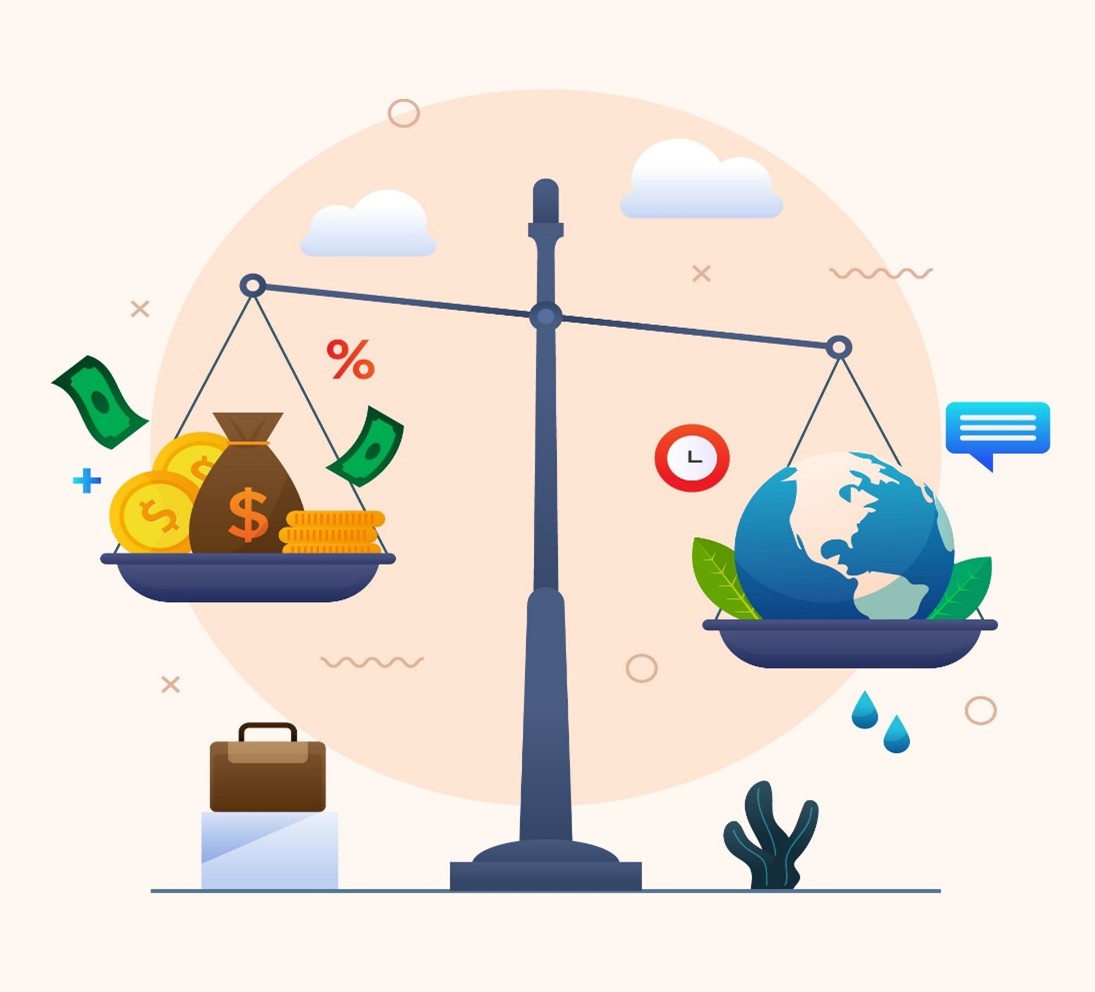

Consumer debt is perhaps the most familiar form of debt as it involves individuals and households and personal financing. As businesses directly deal with consumers, it can be difficult for them to track each individual and can slowly turn unpaid invoices into large debt, which ultimately makes debt recovery difficult. Consumer debt is mostly transactional encompassing shopping transactions and payments of recurrent utilities. From credit card debt to student loans, consumer debt is an important part of every individual and plays an important role in their life. However, there is a difference between consumer debt and commercial debt, as commercial debt is the money that businesses owe to each other. That is why it is also known as business debt or non-consumer debt. Commercial debt is common among businesses as they can take loans for their operational needs to purchase materials or to start a new setup.

Let’s delve into consumer debt and understand the difference between consumer debt and commercial debt. Consumer debt collection is different from commercial debt collection because it deals with normal individuals who are trying to balance their day-to-day finances with a decent living standard. No one wants to be a borrower or wants to have an unpaid debt over their head but to maintain a decent living standard people take different types of financial aid whether it is for study, household management, mortgages, and other shopping transactions.
There are different categories of consumer debt which can be jot down into two types of debt i.e.,
The secured debt is backed by a secured source of recovery, known as collateral. A collateral can be anything from the borrower given to the creditor such as a house or car against which they took the loan. If the debtor doesn’t pay, the company or the business can repossess their car or house.
Unsecured debt is not backed by any collateral. This type of debt includes medical bills or student loans. These are the most common types of consumer debt that people are subjected to.
Consumer debt collection can be difficult. Empathetic communication for consumer debt collection is crucial. This is where consumer debt is different from commercial debt because while dealing with consumers, businesses must think beyond the financial recovery and must communicate with debtors in a way that they don’t run off and stay connected to their business.

Commercial debt collection is essential for commercial businesses to collect their debts on time and maintain a healthy cash flow. Streamlined AR (Accounts Receivable) management is crucial for B2B businesses. When an accounts receivable is not paid, it can highly impact a business’ growth.
Therefore, B2B companies need to partner up with a potential commercial debt collection agency to recover their outstanding debt and simplify their accounts receivable in time.
While there are some similarities in the two debts such as borrowing money to finance expenditures, there are some significant differences between consumer debt and commercial debt in terms of purpose, characteristics, and regulatory considerations.
The primary purpose of consumer debt is to finance personal or household expenses, including buying a home, covering daily living costs, or paying for education online. Conversely, businesses utilize commercial debt to fuel operational activities, invest in assets, or expand operations. While consumer debt aims to fulfill individual needs and preferences, commercial debt is instrumental in driving business growth and enhancing profitability.
Consumer debt involves individuals as borrowers, with personal finances and creditworthiness determining their eligibility for loans and credit, but commercial debt involves businesses or corporate entities as borrowers, where business credit history, revenue projections, and industry risk influencing lending decisions are significant considerations in commercial borrower’s identity.
In the realm of regulatory compliance, consumer debt is subject to consumer protection laws and regulations that safeguard the rights and interests of individual borrowers. These regulations include the Fair Debt Collection Practices Act (FDCPA), which prohibits abusive or harassing practices by debt collectors. However, commercial debt collection is governed by laws and regulations applicable to business transactions, with less emphasis on consumer protection measures.
Individuals are personally liable for repaying their debts and may have assets or income to support their repayment; therefore, consumer debt has a lower risk profile than commercial debt. Meanwhile, businesses’ financial health and performance depend on various factors that make their position unpredictable, such as market conditions, industry dynamics, and other factors, making commercial debt a higher default risk.
Consumer debt can have a significant impact on individuals’ financial well-being, affecting credit scores, borrowing capacity, and overall financial stability. Mismanagement of consumer debt can lead to financial distress, bankruptcy, or long-term debt burdens. In contrast, commercial debt directly influences businesses’ profitability, cash flow, and growth prospects, with implications for stakeholders such as investors, creditors, and employees.
Consumer debt can have a significant impact on individuals’ financial well-being, affecting credit scores, borrowing capacity, and overall financial stability. Mismanagement of consumer debt can lead to financial distress, bankruptcy, or long-term debt burdens. In contrast, commercial debt directly influences businesses’ profitability, cash flow, and growth prospects, with implications for stakeholders such as investors, creditors, and employees.

